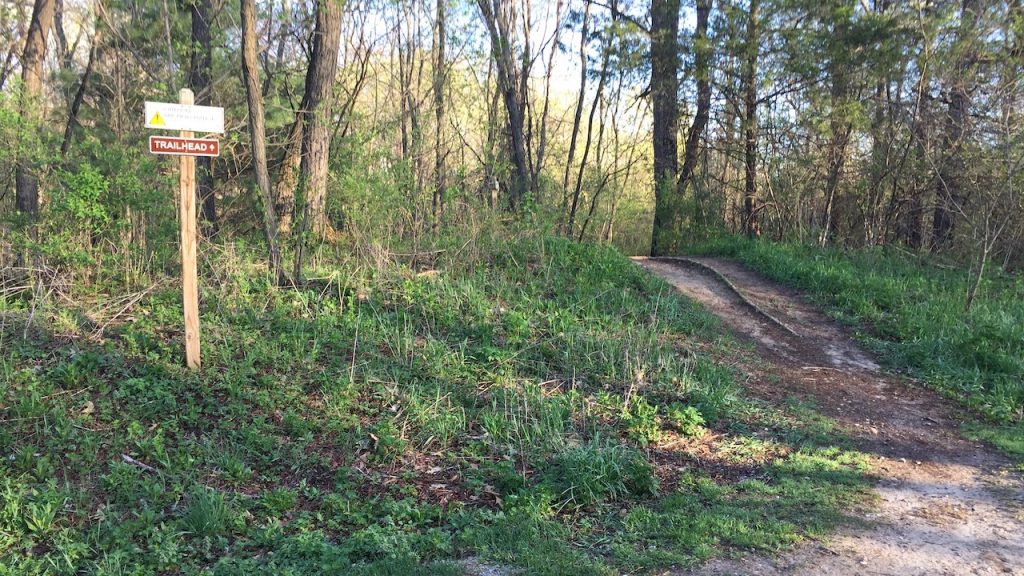Sierra Club, Environmental Groups Tackle Lack of Diversity In Leadership
As we continue to dissect how racism is so deeply rooted in our country, environmental organizations in Metro Detroit and across the country are working to address longstanding diversity and equity issues.

There’s a long overdue social and cultural reckoning unfolding in this country, and a key part of it is looking head-on at the ways that racism has so insidiously permeated every aspect of our lives and institutions.
“When you look at the disproportionate number of white people on [environmental organizations] staff, it’s not just a coincidence.” — Anna Clark, journalist
One organizational facet of America that is making an effort to do better in terms of diversity, equity and inclusion is environmental stewardship organizations. Groups like the Sierra Club and the Union for Concerned Scientists have come under scrutiny lately for their lack of people of color in leadership positions.
Listen: How environmental groups in Metro Detroit are working to address diversity and equity issues.
Guest
Anna Clark is the author of “The Poisoned City: Flint’s Water and the American Urban Tragedy” and an independent journalist based in Detroit.
She just wrote a new piece for Planet Detroit about the lack of diversity among environmental organizations in Metro Detroit. She says that many environmental groups cite reasons like “lack of capacity” to explain why they don’t have more diverse leadership.
“The pattern is just indisputably clear. Large and small groups, new groups and legacy groups, when you just look at the large proportion of white people on their staff, it’s not just a coincidence,” Clark says.

Clark says that in Metro Detroit, Artina Sadler, the chief of diversity, equity, and inclusion at Huron-Clinton Metroparks, is working to address these issues.
“A lot of people of color have said that they don’t feel very welcome [in the organization, so Sadler has] come on board this organization as part of its longterm commitment to diversity, equity, and inclusion both within the organization and within the parks,” Clark says.
She says one of Sadler’s first initiatives was to survey staff to better understand how and why people of color were not being supported in the organization or given leadership roles.
Clark says that although environmental organizations are often viewed as more progressive groups, they still have work to do to achieve a more diverse team.
“When you look at the disproportionate number of white people on their staff, especially in their leadership positions and on their boards, it’s not just a coincidence. At a certain point we have to realize why that is,” she says. “What are the contributing factors that are leading to this? How are we posting jobs? What kind of requirements are we putting on these jobs? Who are we connecting with? There’s a lot of internal work to be done.”
This article was written by Detroit Today student producer Ali Audet.
Trusted, accurate, up-to-date
WDET is here to keep you informed on essential information, news and resources related to COVID-19.
This is a stressful, insecure time for many. So it’s more important than ever for you, our listeners and readers, who are able to donate to keep supporting WDET’s mission. Please make a gift today.
